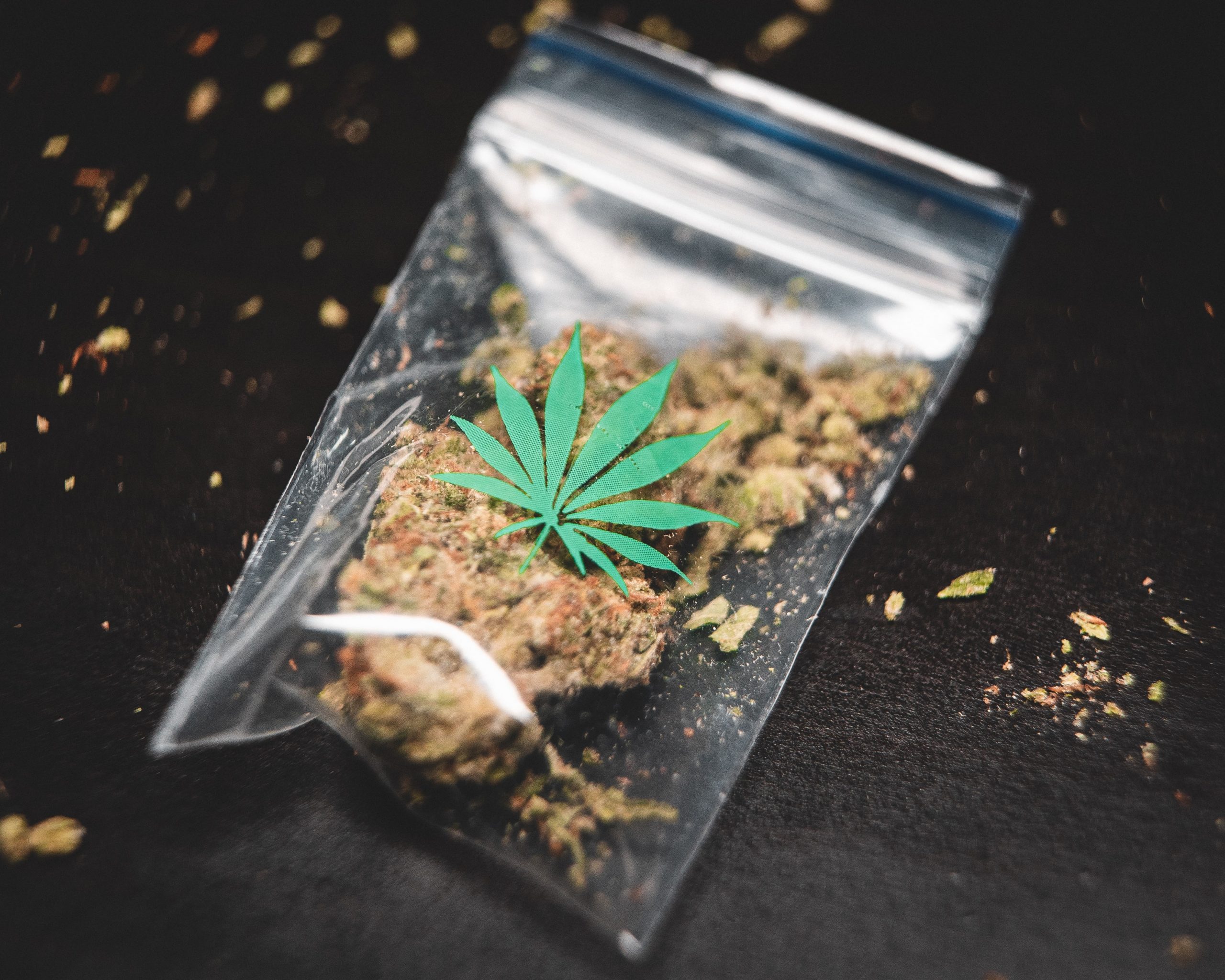Addiction
For many, student life is a special time, in which there is also experimentation with alcohol and drugs. That in itself need not be a problem.
Alcohol and drug use is a problem for some students. For example, if you use these substances to make you forget your worries, because then there is a risk of dependence. It is even possible that underlying psychological complaints will worsen.
Every year, many students end up in the emergency room due to the consequences of excessive drug or alcohol use and the accidents that can occur. Every year, a few students die as a result of (excessive) alcohol or drug use. For example, due to a fall after drinking too much, due to severe overheating when using XTC or other ‘uppers’ (including amphetamines) or acute heart problems due to cocaine use. These are, of course, excesses, but with a dramatic outcome. The Trimbos Institute has done a lot of research into alcohol and drug use among students.
Alcohol – background information
There is a lot of drinking during student days (especially a lot of beer) and certainly at the student associations there has been a culture of this for years. The positive effects of alcohol are all too well known; it can enhance the atmosphere and there is often a lot of fun involved. At the same time, excessive alcohol consumption can also lead to disinhibited sexual behaviour, aggression and (traffic) accidents.
Many students drink excessively, but luckily experience few problems. However, if you do feel that you are drinking too much, or are drinking in order to better deal with your psychological, social or study problems, make an appointment with your doctor to look at the underlying problem together and to refer you if necessary.
Drugs – background information
Many different types of (party) drugs are used by students. The most commonly used are cannabis and Ecstasy, followed by various amphetamines, magic mushrooms, cocaine, GHB and (rarely) heroin. For more information on drugs and use among students, see the website of Trimbos and this publication.
If you experience your use as a problem or take these drugs to forget about underlying problems, please contact your doctor. He can think along with you impartially, provide support and, if necessary, refer you specifically.
Prefer not to see a doctor? Would you like to register but find it difficult to go to your own GP for a referral? Or do you want some more information or advice first? Please contact the Jellinek Advice Line: T 088 – 505 1220. You can also register online at this form.
Gaming – background information
You are not just addicted to gaming. Spending a lot of time on gaming does not immediately mean that you can also speak of an addiction problem. In recent years, various studies have shown that a small group of gamers find it difficult to control playing (online) video games. The large amounts of time spent playing the games can lead to negative consequences for study performance, work and social contacts outside the (online) video game world.
You can speak of a gaming addiction if at least 5 of the points below apply to you in the past year:
- Have an obsession with (online) games;
- Withdrawal symptoms when not playing games;
- Build tolerance, in other words you invest more and more time in the game;
- You try to stop or cut back on gaming, but you can’t;
- You are no longer interested in other things in life;
- You play too many games, while you know how much impact this has on your life;
- You lie about how much you game;
- Gaming is a form of escapism for your fears or guilt;
- You risk relationships and opportunities in your life with your gaming behavior.
Test addiction
You can online test whether you use too much alcohol or drugs or game too much After taking the test, you will receive the result immediately. You can optionally have your results emailed to your email address.
The test is an indication and not a diagnosis. For a diagnosis you can go to your doctor or a make an appointment with Jellinek. The result also says nothing about health damage or any other consequences of use.
